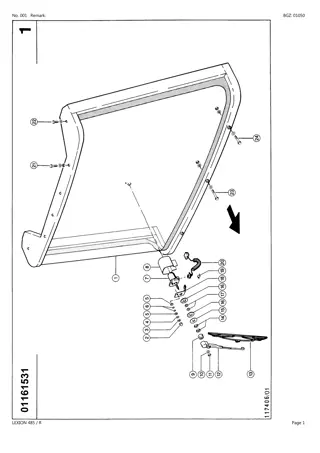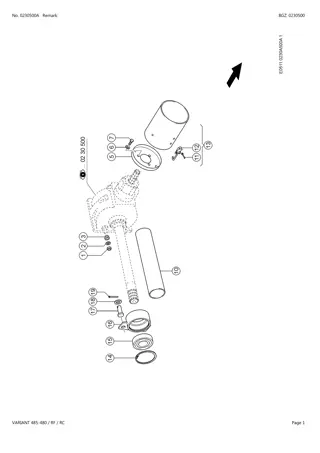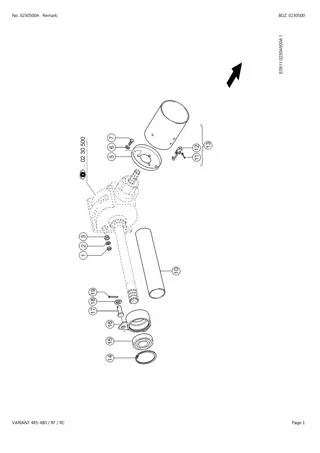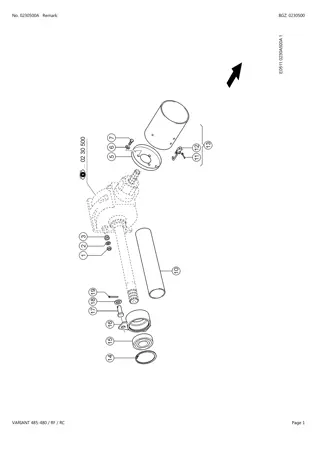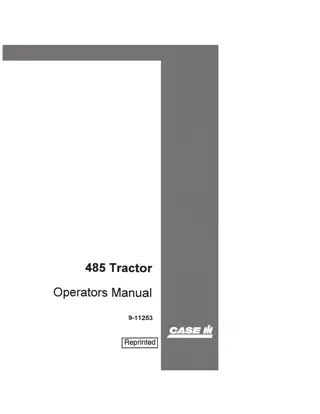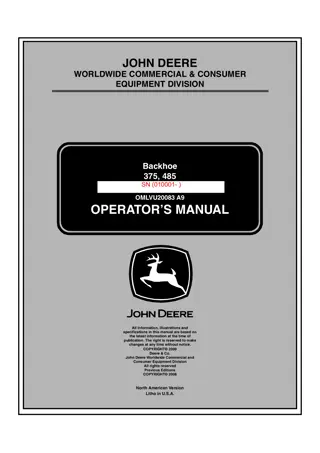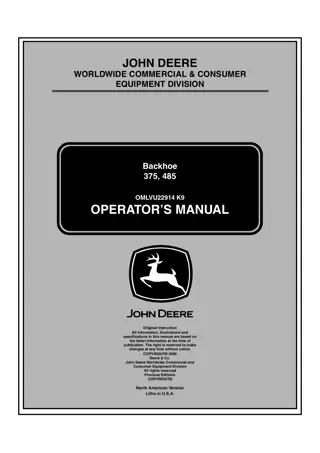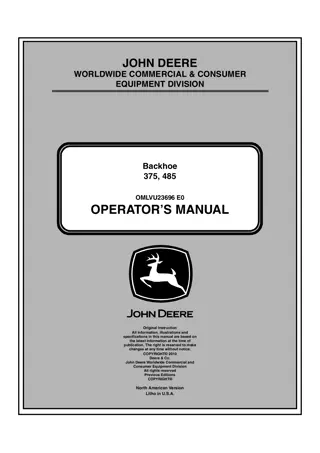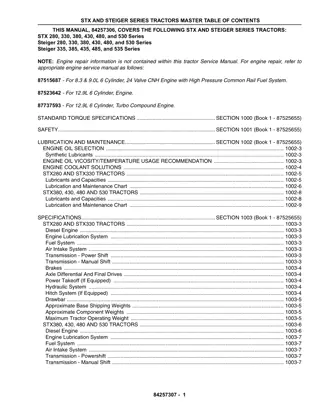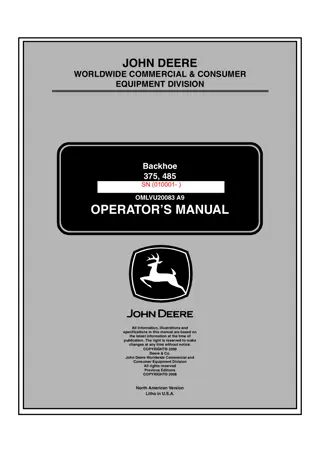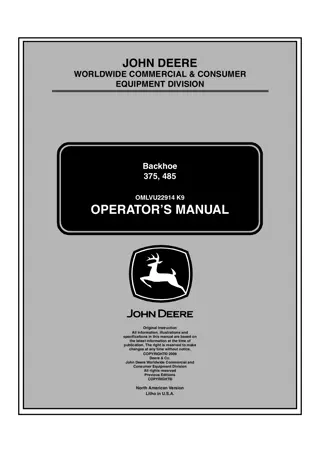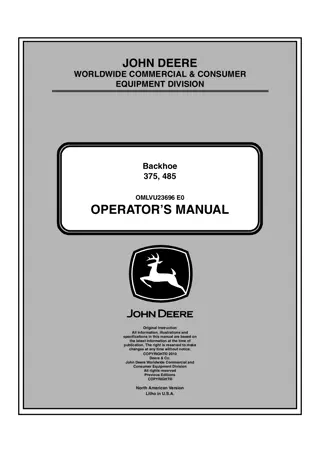CS-485 FINAL PROJECT
This project delves into data mining approaches using Naive Bayes Classifier, C4.5 Decision Tree, and a priori Frequent-Pattern Growth to predict outcomes of shelter cats and dogs based on breed, color, sex, and age. The analysis includes k-fold cross-validation, assigned probability classifications, error rates, association rules, and insights into adoption, transfers, and returns of animals. Explore the dataset, methods used, and findings to deepen understanding of animal shelter outcomes.
Download Presentation

Please find below an Image/Link to download the presentation.
The content on the website is provided AS IS for your information and personal use only. It may not be sold, licensed, or shared on other websites without obtaining consent from the author.If you encounter any issues during the download, it is possible that the publisher has removed the file from their server.
You are allowed to download the files provided on this website for personal or commercial use, subject to the condition that they are used lawfully. All files are the property of their respective owners.
The content on the website is provided AS IS for your information and personal use only. It may not be sold, licensed, or shared on other websites without obtaining consent from the author.
E N D
Presentation Transcript
Corrine Elliott Data Mining / Liu 28 April 2016 CS-485 FINAL PROJECT
PROBLEM OVERVIEW Research Question: Given information on a shelter cat or dog s breed, color, sex and age, can we predict the animal s fate? Data-Mining Approaches: Na ve Bayes Classifier C4.5 Decision Tree A priori Frequent-Pattern (FP) Growth Existing Kaggle submissions: Random Forest Conditional probabilities, e.g., P(outcome|age)
DATASET: SHELTER ANIMALS Training Data-set: Test Data-set: 26729 animals 11456 animals Attributes: ID: A###### Name Date / Time Outcome / subtype Species: Cat or Dog Sex: Intact, Neutered or Spayed + M/F Age: # + units Breed and Color Attributes: ID: 1 - 11456 Name Date / Time Species: Cat or Dog Sex: Intact, Neutered or Spayed + M/F Age: # + units Breed and Color
NAVE BAYES CLASSIFIER Missing data omitted when computing conditional probabilities Analysis: k-fold cross-validation Assigned highest-probability classification k Expected Error Rate Variance in Error Rate 2 0.469619874289 2.90263253541e-05 4 0.46905866507 9.53140200466e-05 6 0.471448884897 4.986052551e-05 8 0.466252618976 1.99723963229e-05 10 0.468163448586 0.000100299847022 C4.5 Decision Tree: 37.9 %
A PRIORI / FP GROWTH Take A Look at the Data [1] Minimum support: 20 % Maximal itemsets: {Transfer, Cat} : 20.60 % {Adoption, <1 year} : 21.47 % {Adoption, Dog} : 24.31 % Relative to 15.98 % for {Adoption, Cat} Dogs tend to be returned to owner more often than cats and cats are transferred more often than dogs. Young cats and dogs [tend] to be adopted or transferred, while older animals with approximately equal probability can be adopted, transferred or returned. Association Rules: {Transfer, Cat} -> Domestic Shorthair Mix Support : 20.60 % Confidence : 82.4342 % Neutered animals have high chances to be adopted, while intact animals are more likely to be transferred. [1] https://www.kaggle.com/uchayder/shelter-animal-outcomes/take-a-look-at-the-data
A PRIORI / FP GROWTH Take A Look at the Data [1] Minimum support: 20 % Maximal itemsets: {Transfer, Cat} : 20.60 % {Adoption, <1 year} : 21.47 % {Adoption, Dog} : 24.31 % Relative to 15.98 % for {Adoption, Cat} Dogs tend to be returned to owner more often than cats and cats are transferred more often than dogs. Young cats and dogs [tend] to be adopted or transferred, while older animals with approximately equal probability can be adopted, transferred or returned. Association Rules: {Transfer, Cat} -> Domestic Shorthair Mix Support : 20.60 % Confidence : 82.4342 % Neutered animals have high chances to be adopted, while intact animals are more likely to be transferred. [1] https://www.kaggle.com/uchayder/shelter-animal-outcomes/take-a-look-at-the-data
ROOM FOR IMPROVEMENT: Incorporate name data Subset by species Categorize breeds Reassess age categories Visualize the data Figure source: Megan L. Risdal s Quick & Dirty Random Forest Kaggle submission https://www.kaggle.com/mrisdal/shelter-animal-outcomes/quick-dirty-randomforest




